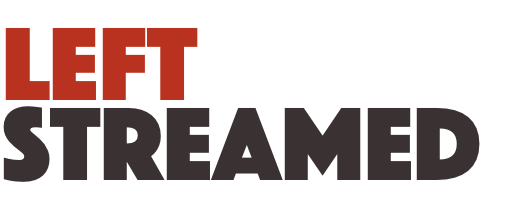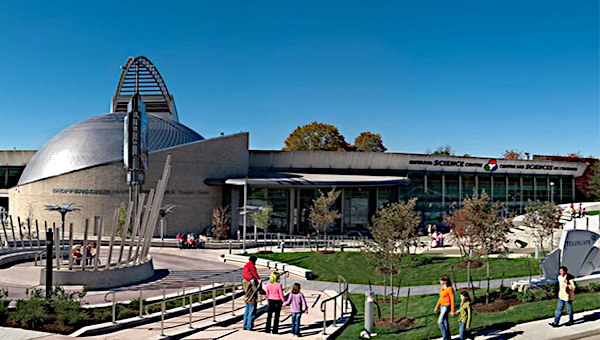Ontario Fights Back: Recalling the Harris years
Canada, and its industrial heartland and largest province of Ontario, is far from immune from the right-wing populist forces gaining electoral ground and organizational force around the world. The June … Watch video »
Canada, and its industrial heartland and largest province of Ontario, is far from immune from the right-wing populist forces gaining electoral ground and organizational force around the world. The June 7th election of the Progressive Conservative Party of Ontario (PC), led by the politician, businessman and blowhard Doug Ford, to a majority government is an all-too-clear example.
Canada has gone through a number of more or less reactionary and austerity-driven Conservative governments, most recently that of Stephen Harper from 2006–2015, but also at the provincial level in Saskatchewan and Manitoba. In the past, Ontario was ruled by moderate PC governments for forty years before they lost power to Liberal and then NDP governments, both experimenting in the centre-left ‘progressive competitiveness’ strategy of high-skills, value-added protection that quickly mutated into the neoliberal Third Way across the 1990s. This effort was defeated by hard-line, Thatcherite neoliberal PC governments that ruled from 1995–2003, under the leadership of Mike Harris (and for a brief period Ernie Eves). That regime pursued draconian cuts to the public sector in Ontario, as well as re-shaping collective bargaining, and the whole host of state practices. They called this project the ‘Common Sense Revolution’, and their right-wing populism finds an echo in the Doug Ford electoral platform, ‘For the People: A Plan for Ontario’. And, of course, the ‘buck-a-beer’ sloganeering.
The Harris revolutionaries were successful in establishing Ontario as the central zone in Canada – if not North America – of the market-expanding policies of neoliberalism – the lowest level of per capita program spending in the country, the most pitiful public services in the educational and health sectors, a crumbling infrastructure, unfathomable backlogs in social housing, longstanding and abusive relations with First Nations, and an overdeveloped policing and incarceration system. Out of the Harris years came the low-wage, low-tax, “anything-goes” development model that dominates the Ontario economy today.
The Liberal governments of Dalton McGuinty and then Kathleen Wynne that succeeded it over the past fifteen years did little to challenge that model and, indeed, continued to reinforce and develop it further in terms of driving down per capita public services and privatizations. Attempting to stave off electoral defeat, Wynne reversed some of these policies in a deathbed repentance, notably in terms of minimum wages, labour standards and equity policies meant to project an inclusionary neoliberalism.
The new Ford Conservative government will not be a simple remake of the Harris years, but it will continue to attack an already enfeebled public sector for the provisioning of social needs – health, housing, funding for the arts, education, advanced skills and training, recreational facilities, the natural ecology, and so forth. They cannot but undertake an intensification of austerity and meet their commitments to tax cuts of various kinds – and for the cuts they have the support of the Ontario ruling class and the state elites that have been the engineers of neoliberal policies. And they can only square their populism with these central policy agendas by ramping up their hard right populism of scape-goating ‘illegal’ refugees overturning ‘due process’, ‘law and order citizens’ versus the ‘street thugs’, ‘honest taxpayers’ versus the ‘loafers’, the backward First Nations impeding ‘progress’ and not following the ‘law of the land’, the ‘dutiful cops’ versus the ‘drug gangs’, and so forth.
This is an appropriate time to revisit some of the experience of the Harris years in Ontario, even if we would all rather not, to prepare for a new round of struggles and to move our politics beyond where we were then and, in a less combative period, where we are now.
- OFL Comms: “1987-1997: From Free Trade to Days of Action”
- TVACdotCA: “Fighting to Win – June 15, 2000”
- stimulator: “Ipperwash Crisis”





